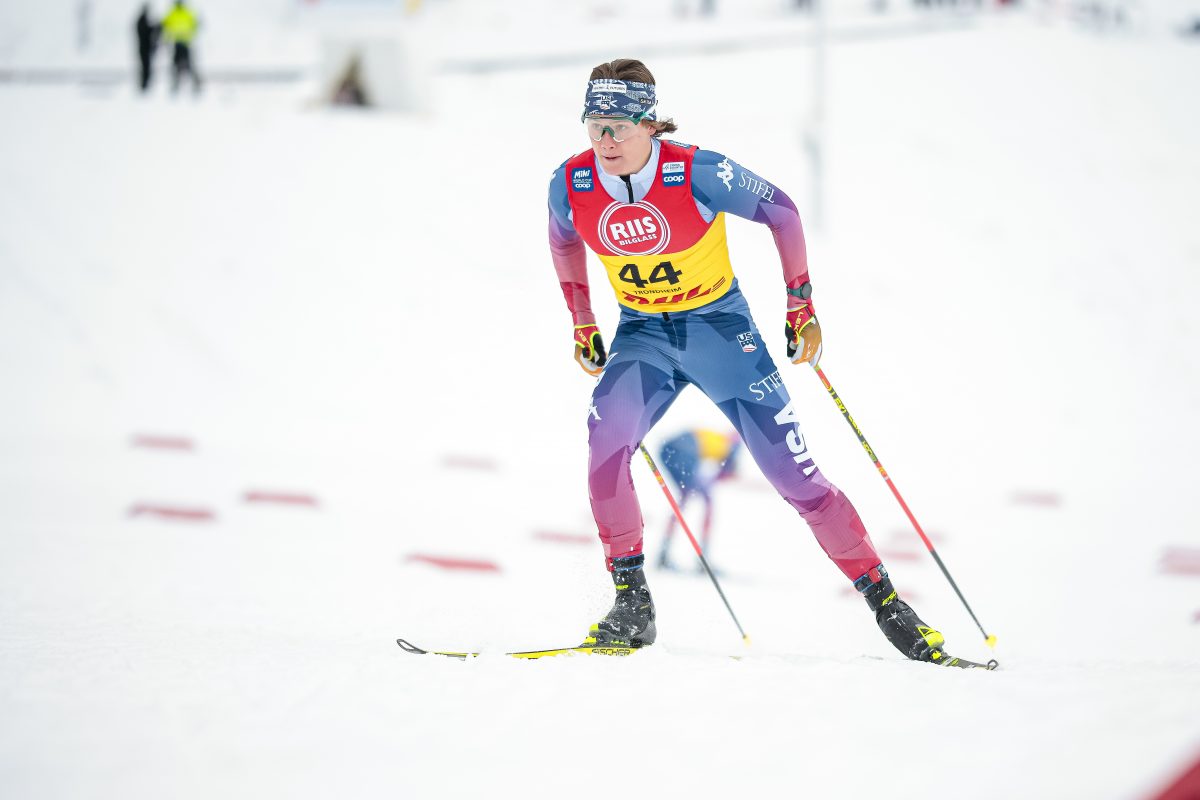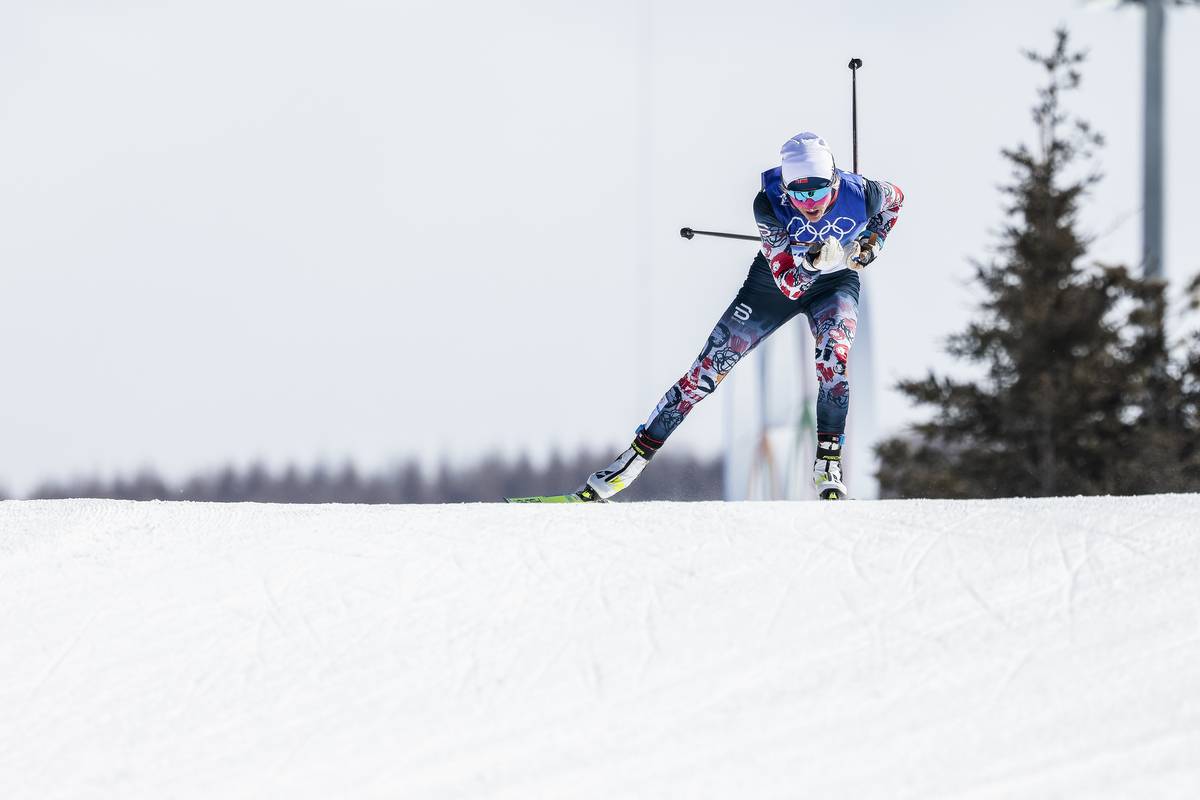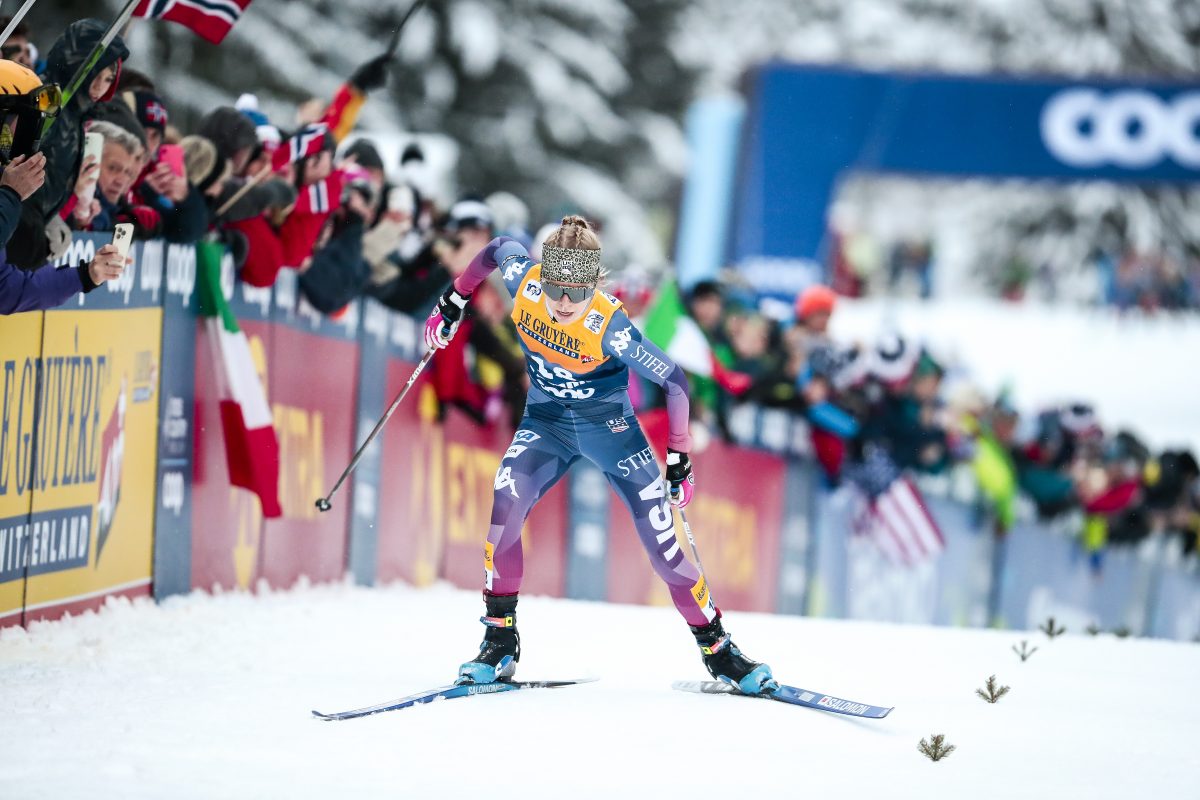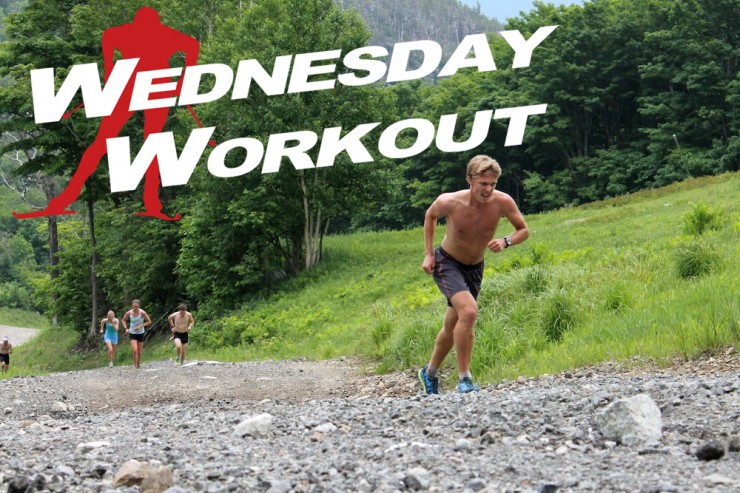
WILMINGTON, N.Y. — Go out and find a hill, a mountain even — something with a steep, sustained pitch that goes on about 2 1/2 kilometers. Those were the instructions Bernd Eisenbichler, U.S. Biathlon chief of sport, more or less gave to team veteran Tim Burke, who grew up in nearby Paul Smiths, N.Y., just a short drive away from Whiteface Mountain.
While Burke mostly cut his teeth on the local cross-country terrain around Lake Placid, rather than the alpine slopes of Whiteface, he knew one dirt road that followed a couple ski trails backwards up the mountain. And it wan’t easy.
Legend has it that Burke, 32, ascended the climb — from the beginner-run Kids Kampus up to Easy Street and Easy Way — in 17 minutes at Level 3 (not quite race pace). The hill climb ended just above the Whiteface’s Face Lift, halfway up the 4,867-foot mountain.
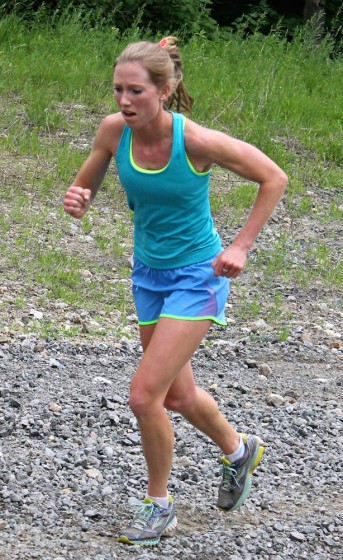
Trail names aside, the route was settled. It would become the new standard for the U.S. Biathlon Association (USBA) in its dryland camps throughout the summer. Eisenbichler dubbed it “The Tim Burke Uphill Run Test” and sent 11 athletes up it for the first time at race pace on Tuesday, the second day of the USBA Talent ID Recruiting Camp. Max Durtschi (Dartmouth) and Erika Flowers (Stratton Mountain School T2 Team) posted the fastest male and female times of 13:56 and 17:54, respectively. So much for Burke’s record.
Eisenbichler was quick to explain that Burke hadn’t actually raced it yet.
“He for sure would be faster to be honest, but they did a really good job, too, today,” Eisenbichler said.
“We were really happy to see the tempos on the men’s and women’s side,” he added. “We call it Tim Burke because I asked him to scope a good uphill, gave him the time frame and the kilometer frame and I think he did a great job finding this track. From now on this will be our testing track.
“In Germany we have fixed times from 30 years ago,” said Eisenbichler, who lives in Munich. “It’s just fun, you know, when you were growing up an athlete and you can see the times from Peter [Angerer], an Olympic champion in ’84, and Mark Kirchner, an Olympic champion in ’92, and try to beat them or try to get challenged by them.”
So try it yourself — either by following the orange spray-paint arrows up Whiteface’s winding trail — or pick a mountain or large hill of your own that takes about 30 minutes to hike. Shoot for steep enough terrain that’s going to require 13-23 minutes of running, depending on the athlete.
With the help of new men’s national-team coach Jonas Johansson and Erik Lewish, assistant coach at the Lake Placid high-performance center, Eisenbichler started the athletes off in 30-second intervals. Johansson gave splits at roughly halfway and Lewish logged the finishing times.
Durtschi, a former professional cyclist (for three different teams, including Garmin-Cervelo and Leopard-Trek) and member of the U.S. national cycling team, set a new Whiteface standard in just under 14 minutes, just a second ahead of Far West skier Patrick Johnson. Durtschi started off nordic skiing, and like 10 other athletes at the USBA tryout camp, he’s now considering a career in biathlon.
“It hurt,” said Durtschi, a Dartmouth junior from Ketchum, Idaho. “I haven’t run much at all in the last five years because I’ve been cycling and you’re not even supposed to really walk in cycling. It was really humid, which I’m not quite used to from the high desert, but it was a nice effort and it feels good to blow out the legs and lungs sometimes.”
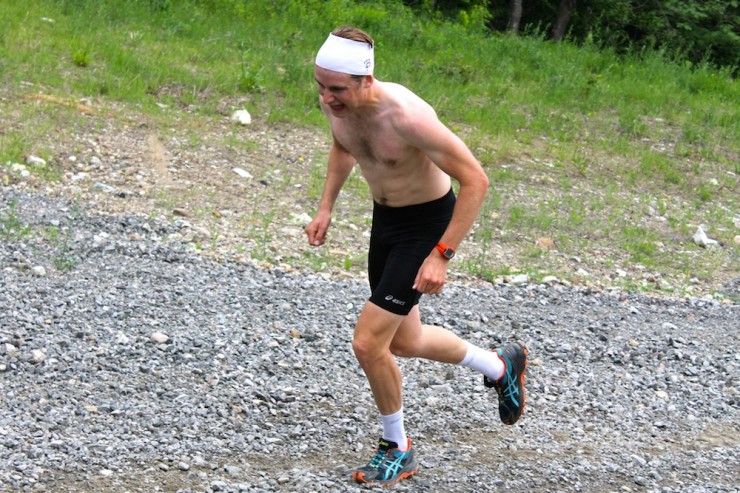
Eisenbichler explained that the 11 athletes were selected from 28 applicants, and that an undetermined number of them will be invited back for Lake Placid for a follow-up Talent Group Camp from August 24-31. From there, those athletes will be named to either USBA’s development or X teams.
“It’s not about the shooting part so much … it’s introducing to biathlon,” he said of the four-day camp, which includes everything from a 30-meter run to a SkiErg 7-8 minute test as well as interviews to gauge each athlete’s attitude toward the sport.
“What we for sure look at, the uphill run is important, is endurance,” he added. “We have a shuttle run tomorrow, that gives you a little bit of an idea about the engine, then for sure we look a lot at technique. Coaches will be out skiing with different athletes and see how they are on skis … and then it’s a combination of things, looking at the flexibility and strengths.”
And if an athlete doesn’t make the cut, they’re not going to be sent home empty handed.
“They all will get recommendations for their training, they will get all their tests analyzed … I think everybody, even if they’re not willing to change to biathlon, should get something out of this week,” Eisenbichler said. “They have the chance to come back next year for the same thing and it’s not that if we don’t select them for this next camp that we lose sight of them. If they want to change to biathlon we will try to help them connect with a club, connect with a coach and supervise them too, because there should be sustainability about it.”
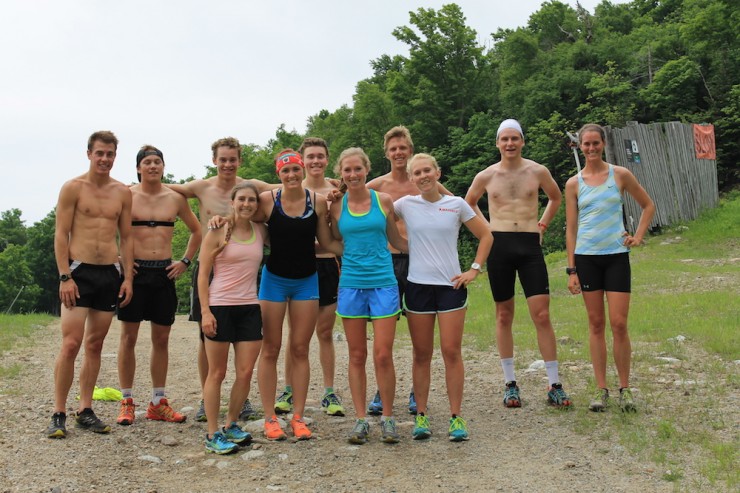
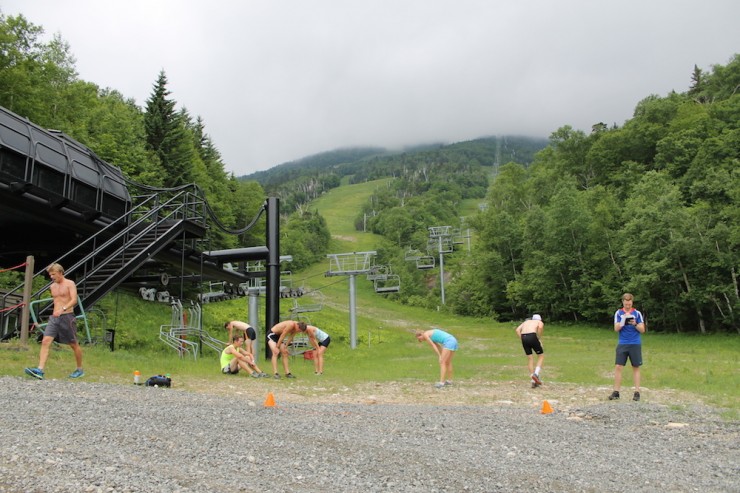
Alex Kochon
Alex Kochon (alexkochon@gmail.com) is a former FasterSkier editor and roving reporter who never really lost touch with the nordic scene. A freelance writer, editor, and outdoor-loving mom of two, she lives in northeastern New York and enjoys adventuring in the Adirondacks. She shares her passion for sports and recreation as the co-founder of "Ride On! Mountain Bike Trail Guide" and a sales and content contributor at Curated.com. When she's not skiing or chasing her kids around, Alex assists authors as a production and marketing coordinator for iPub Global Connection.

